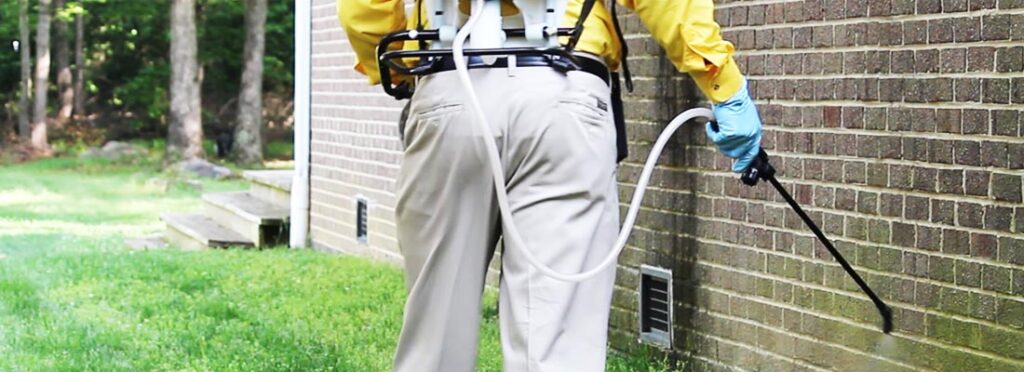Proven Bee and Hornet Control Methods That Guarantee a Safe
Effective bee and hornet control methods are crucial for ensuring a safe and sting-free environment, especially in areas where these insects pose a threat to human health and safety. Implementing proven strategies not only protects individuals from painful stings but also safeguards property and promotes ecological balance. One of the most reliable approaches to bee and hornet control is prevention through habitat management. Identifying and sealing potential entry points such as cracks, gaps, and openings in buildings can prevent these insects from establishing nests indoors. Regular inspection of eaves, roofs, and walls for nests and removing them promptly can also mitigate infestations before they become a problem. For outdoor spaces, minimizing attractive food sources can deter bees and hornets from congregating. Proper disposal of food waste, particularly sweet or sugary items, reduces the likelihood of these insects being drawn to the vicinity.

Additionally, keeping garbage bins tightly sealed and ensuring that outdoor dining areas are kept clean can significantly decrease the presence of bees and hornets. When nests are discovered, it is essential to address them carefully and promptly. Hiring a professional pest control service ensures that nests are safely removed or treated with minimal risk to individuals and the environment. Professionals have the expertise and south jersey bee control service equipment necessary to handle nests effectively, reducing the likelihood of stings and ensuring thorough elimination of the colony. In situations where immediate action is required, non-lethal methods such as using soapy water or insecticidal sprays can be effective in neutralizing bee and hornet nests. These methods should be applied cautiously and preferably during early morning or late evening when the insects are less active. It is crucial to follow product instructions carefully to maximize effectiveness and minimize unintended harm to beneficial insects.
For those concerned about environmental impact, natural deterrents such as planting insect-repelling herbs like mint or basil can help discourage bees and hornets from frequenting certain areas. However, these methods may not be as effective for large or established colonies and should be used in conjunction with other control measures for optimal results. Education and awareness also play a vital role in bee and hornet control. Understanding the behavior and biology of these insects can help individuals and communities implement proactive measures to reduce encounters and mitigate risks. Teaching children and community members about respecting and safely interacting with bees and hornets fosters a culture of coexistence while promoting safety. Maintaining a safe and sting-free environment requires a combination of proactive prevention, prompt intervention, and responsible management practices. By employing these proven methods, individuals and communities can effectively manage bee and hornet populations while minimizing risks to human health and well-being.
